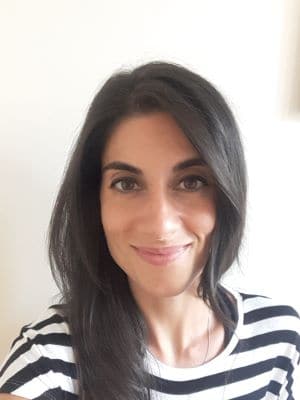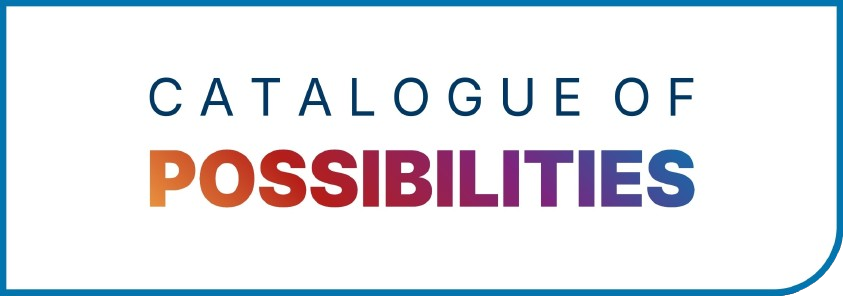Dr Arianna Gea Pagano she/her

Lecturer of Geotechnical Engineering
Strategic Research Areas
I’m passionate about geomaterials and their behaviour as a fundamental part of the natural and built environment. I focus on linking the small-scale mechanisms occurring in geomaterials to their behaviour at larger scales, of interest in the context of geotechnical engineering. Inputs from other fields such as interface and colloid science, chemistry and biology would strongly benefit the understanding of these mechanisms, due to the particulate nature of geomaterials; the sensitivity of their behaviour to changes in pore-water chemistry; the ubiquitous presence of microorganisms in soils and surrounding groundwater. Yet, these aspects are often overlooked and misunderstood by the geotechnics community and not included in engineering practice.
I would love to be involved in the supervision of multidisciplinary laboratory-based projects (potentially complemented by numerical work) to: investigate the effect of microbial communities on natural and engineered soils (e.g. engineered barriers against contamination); devise innovative soil remediation techniques; understanding changes in particle-to-particle interactions and arrangements in soils, induced by pore-fluid chemistry changes (e.g. due to contamination, microbial activity) to inform particle-scale soil modelling.
As an early career researcher, I’m eager to grow as a supervisor, enriching my own experience and that of my supervisees. I currently act as first and second supervisor of two students carrying out laboratory-based projects. As a supervisor, I support my supervisees by providing different levels of guidance in many forms, depending on their needs and the stage of their project. I encourage independent decision-making, praise their achievements, and offer constructive feedback and criticism as needed. I am committed to EDI by implementing inclusive recruitment strategies (my current supervisees belong to the BAME group), and by supporting their engagement within their network of peers/co-workers. I have experience in offering support during pregnancy, formally and informally, by assisting with mat-leave application, offering reasonable adjustments to workload, providing appropriate risk assessment procedures to allow for safe lab-work, and ensuring full adherence to the Equality Act 2010.
The DiveIn vision really resonates with my work ethics and personal values. I’d be honoured to contribute and grow as a supervisor within the ever-changing environment fostered by this amazing initiative!

